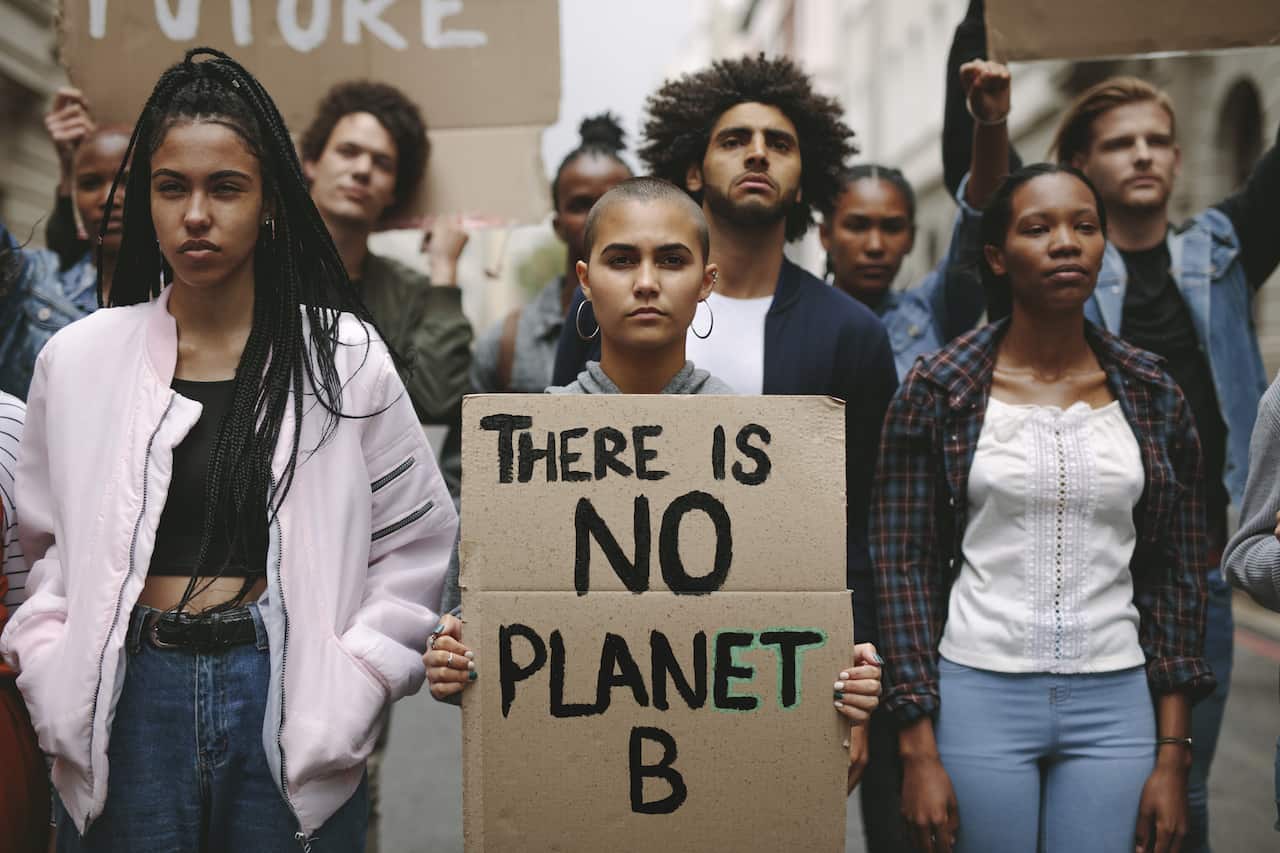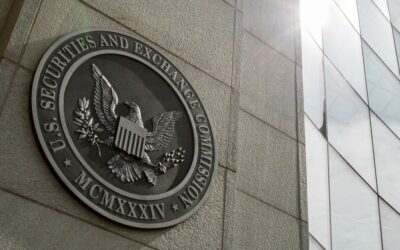Sustainability is a term that more mainstream consumers and businesses have become closely acquainted with this past year. But the term itself has developed into different meanings and identities for different generational demographics. As the proportion of Generation Z (Gen Z) expands within consumer and employee bases, their sustainability demands will be impossible to ignore. For businesses to truly cater to these demands, we need to understand threefold: How does Gen Z view sustainability in their everyday lives? What does sustainability mean to Generation Z compared to the generations who came before? How can we bridge the gap between the two cohorts?
Gen Z (born between 1997-2012) possesses a unique view when it comes to sustainability. Unlike some of the previous generations, Gen Z views sustainability through a holistic lens, actively incorporating it into their personal lives, employment, community activism, and throughout their decision-making process with the products they buy. The core values of this generation are reflected in their high prioritization of social activism, which is vastly more pronounced than in recent generations. They also place a greater emphasis on their workplace by typically selecting organizations whose values align with their own.
Signs show that Gen Z will grow into engaged, conscientious stewards of our planet by being socially-minded, independent thinkers who understand it’s their responsibility to shape a more equitable future for all. These young activists are uniquely united around sustainability and supported by unfettered access to tangible technological connections. This, in turn, translates to a level of awareness and education that brings a conscientious, organic, and environmentally-friendly lens to the choices they make. Gen Z spends an average of nine hours per day in front of a screen. Sharing and receiving information through the internet has become second nature for these digital natives. But why is this young generation so connected around the idea of sustainability?
The crises of 2020 and beyond have left Gen Z feeling like the “lost generation.” Thirty percent reported having lost their job or having been furloughed as a result of the pandemic. They find themselves in a jarring state of mind, because they are on track to be the most well-educated generation – and without concrete direction or employment. They are unfortunately entering the labor market amid one of the most challenging periods in history.
The challenge of the current economic situation and job prospects may pale in comparison to bigger picture issues. According to the latest report from the Intergovernmental Panel on Climate Change, the impact of climate change is affecting every region on earth, causing additional warming due to human influence on the climate. An overwhelming majority of Gen Z reported being worried and anxious about the current environment and the planet.
Gen Z has never known a world without climate change, and they have been taught it’s their job to heal it.
They’re not expected to heal the planet’s problems on their own and they’re certainly not alone in this fight, but who can they receive guidance from?
What about baby boomers? Baby boomers (born between 1946-1964) have shifted towards a more sustainable mindset because climate change, sustainable brands, and ESG-focused investing were not considered mainstream when they were coming of age. This generation laid the groundwork for those to follow. So, how can baby boomers and Gen Z come together to help in the fight for a more sustainable world and leverage their uniquely positioned generational strengths?
Partnerships. Both generations can learn a lot from each other by speaking about their different experiences and realizing how much mindsets, politics, products, and technology have changed in the past 20 years. It’s the older generation’s responsibility to provide mentorship, leverage current political power, and pass down advice to help with today’s challenges. As Gen Z makes their way into the workforce, it’s important to include these young professionals in tangible ways. Examples include asking them to be panelists at your events or conferences, surveying them, forming mentor/mentee relationships, and hiring them as integral parts of your workforce. This generation is coming of age, and they care.
By 2030, Gen Z is going to be the most populous and diverse generation in the nation’s history. They will become central to society and will be expected to make real efforts to create a sustainable future. Businesses wanting to attract Gen Z as employees or customers must incorporate sustainable practices into their business strategy. Businesses need to share their sustainability story in an authentic way to attract young, values-led trailblazers. Gen Z wants to hear what your brand is doing to be a good global citizen, and they want consistent action highlighted front and center. They make their purchase decisions based on values and principles – personal, social, and environmental – and are looking for brands that change with them, not just for them. For businesses, sustainability should not be another tool to capture brand value or market share, but an action-based companywide commitment through positive societal, environmental, and organizational impact.
Gen Z is a force to be reckoned with. They’re facing their fair share of challenges, just like any other generation, but they are a resilient force for good and stand up for what they believe in. They realize sustainability is unique to every person but can transcend into various areas of one’s life. They incorporate sustainability practices into their lives on a personal, professional, and systemic level and they want to grow up in a better environment than they were born into. Older generations, utilizing their own assets, can tag team alongside them to harness their energy and passion for financial, social, and environmental change.




